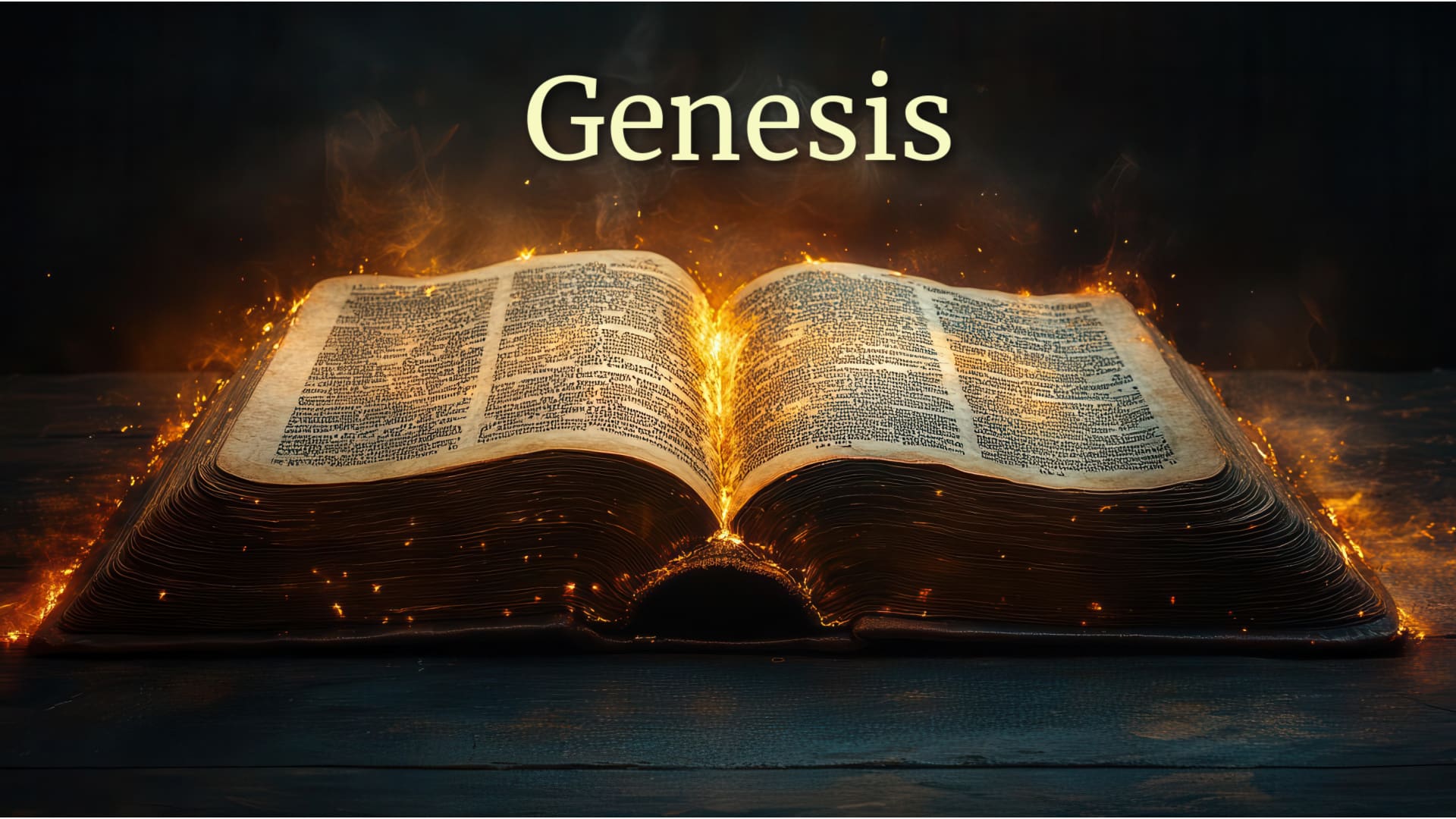
Enigma and the Mysterium Tremendum
So Jacob named the place Peniel, saying, “For I have seen God face to face, and yet my life is preserved. Genesis 32:30
Deep into the night’s darkness we find Jacob alone, at least he thought he was, until he was startled by what seemed to be a man. He had no time to think; immediately they engage in combat, in close contact with a complete stranger, fighting for his life. In the course of this fight, the stranger becomes stranger to Jacob, and stranger still, Jacob found that he was winning the fight. At this point, the stranger touched his thigh, and thereby dislocating his joint, rendering his leg useless. This act of power shifts Jacob’s perception of this stranger; he was no ordinary man. In reality, Jacob found himself embracing Deity; desperately holding on in spite of the fact he was defeated. The Theophany responds by, “Let me go, for the day is breaking.” Jacob refuses to let go unless He blessed him. God shows His mastery over Jacob by renaming him “Israel,” newly defining him in light of this fight-encounter as one who fought with God and man and prevailed. Jacob still seems in the fog about this stranger’s identity until he asks his name in return. He simple responds by asking Jacob, “Why do you ask?” It was the way in which this was asked that Jacob comes to the realization of what just happened; he just seen God face to face and survived. He limped away in wonder and terror.
This narrative is full of ambiguities, and we can only conclude that it is deliberately enigmatic. The ambiguity of pronouns in the text, identity of actors, illogical plot with no plain and simple meaning is annoying for one who is reading it on the surface. Would a divinity have to dislocate a hip to win? The narrative resists interpretation. We must find a literary solution or none at all. Let’s begin with the paradox of Jacob’s thigh; the same touch that inspirits him lames him. Everything comes with a price. On the surface level of the narrative, Jacob comes off a hero, a wounded hero. On the broader context of Scripture, Jacob becomes the ancestor of a nation; the receiving of a national name becomes here a cosmic event.
However, the ambiguity suggests something far more. Jacob seems to be raised to a divine status as he prevails with Divinity Itself. The Hebrew word sārâ, itself a mystery in that it only appears here in this name and therefore of ambiguous meaning, with the divine name ‘ēl that comprise “Israel,” often translated “struggle/strive.” But some scholars suggest a connection with the word translated “government” in Isaiah 9:5,6 (Heb. māsar) and therefore translate the name “to rule.” The problem lies with who rules; if Jacob rules/defeats God, that would be blaspheme, but if it is God who rules/defeats Jacob, so what? This is to be expected. But the ambiguity between the two possibilities heightens the tension in the narrative, producing an aura of mystery, danger, and holiness. God names Jacob, but does not reveal His own name, because it is incomprehensible and full of danger. We are left with a duality of divinization in the context of holy encounter, the mysterium tremendum; that of God whose face cannot be looked upon without certain death, and the divinization of Jacob, who, through the encounter, somehow survived seeing God face to face, and was changed.
The trouble with reading stories like this is that we become lazy and too easily skip over the obvious problems the text intentionally presents to us. We naturally rebel against the ambiguity which “makes strange” that which has grown too familiar with us. But the truth of the text only yields itself in our own struggle with the enigmas with the text. When we do this, we enter into the mystery of the text and we, like Jacob, are changed.
This is our first encounter with a fundamental paradox of Scripture and spirituality; that of seeing God. How does one see God, who is uncreated light, and live? On the other hand, only those who see God can live, for we become what we see. True spirituality is dangerous business.
Takeaway: Textual problems and ambiguities are our friends; enigmas help us to enter into the awful mystery of God through the narrative.
Question: How do you naturally respond to paradox, enigma, and mystery when it comes to your Bible?
Resource Used:
Geller, Stephen. Sacred Enigmas: Literary Religion in the Hebrew Bible. Routledge, NY, 1996. This whole post follows Geller, my doctoral advisor, chapter 2, The Struggle at Jabbok.
0 Comments